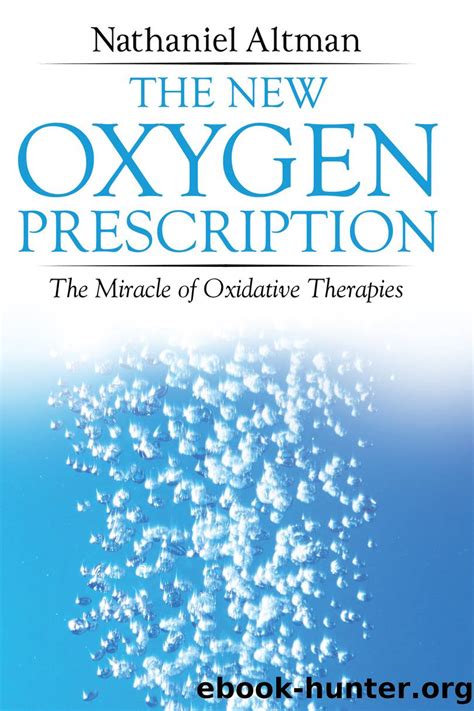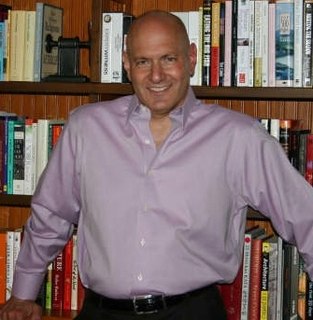A Quote by Matthew Scully
If we are defined by reason and morality, then reason and morality must define our choices, even when animals are concerned. When people say, for example, that they like their veal or hot dogs too much to ever give them up, and yeah it's sad about the farms but that's just the way it is, reason hears in that the voice of gluttony. We can say that what makes a human being human is precisely the ability to understand that the suffering of an animal is more important than the taste of a treat.
Quote Topics
Ability
About
Animal
Animals
Being
Being Human
Choices
Concerned
Define
Defined
Dogs
Even
Ever
Example
Farms
For Example
Give
Gluttony
Hears
Hot
Hot Dog
Hot Dogs
Human
Human Being
Important
Just
Like
Makes
Morality
More
Much
Must
Our
Our Choices
People
People Say
Precisely
Reason
Sad
Say
Suffering
Taste
Than
Them
Then
Too
Too Much
Treat
Understand
Up
Voice
Way
Yeah
Related Quotes
Whatever the reason, for most of the present century, the literature and publicity of the old established [animal welfare] groups made a significant contribution to the prevailing attitude that dogs and cats and wild animals need protection, but other animals do not. Thus people came to think of "animal welfare" as something for kindly ladies who are dotty about cats, and not as a cause founded on basic principles of justice and morality.
The thing about great fictional characters from literature, and the reason that they're constantly turned into characters in movies, is that they completely speak to what makes people human. They're full of flaws as much as they are full of heroics. I think the reason that people love them and hate them so much is because, in some way, they always see a mirror of themselves in them, and you can always understand them on some level. Sometimes it's a terrifyingly dark mirror that's held up.
Does God have a reason for wanting us to be charitable, to take care of those who can't take care of themselves? Either God does or God doesn't, it's just logic. If God has a reason then there is a reason independent of God and whatever God's reason is we should figure it out for ourselves. There is a reason and God doesn't really ground morality at all. God wants us to give charity because it's the right thing to do.
Anytime you're dealing with moral issues, in a government position, you're dealing with some sticky stuff because everybody's morality is different. So you may be a Christian and say "my morality is based on the Bible." But if it doesn't line up with the way they think it should line up, now you got a problem with them. And then you can say, "I'm more in line with the Bible," but you don't care about the Bible, so they are like 'why are you imposing these difficult rules on me? I don't even believe in that.' So you just have an interesting and sticky situation.
Man is said to be a reasoning animal. I do not know why he has not been defined as an affective or feeling animal. Perhaps that which differentiates him from other animals is feeling rather than reason. More often I have seen a cat reason than laugh or weep. Perhaps it weeps or laughs inwardly - but then perhaps, also inwardly, the crab resolves equations of the second degree.
Although other animals cannot reason nor speak the way humans do, this does not give us the right to do with them as we like. Even though our supposed possession of a soul and superior intelligence are used to create an arbitrary dividing line over rights, the fact remains that all animals have the capacity to experience pain and suffering, and in suffering they are our equals.
I think it's important to reason from first principles rather than by analogy. The normal way we conduct our lives is we reason by analogy. [With analogy] we are doing this because it's like something else that was done, or it is like what other people are doing. [With first principles] you boil things down to the most fundamental truths…and then reason up from there.
The natural environment is not particularly hospitable to human life ... the key to having a good environment is improving it through work... . Energy is fundamentally an environmental improver and if we classify it that way it makes sense out of a lot of these controversies... . It's our obligation and our right to make [our environment] as good for human beings as possible. With that view, it's very easy for people to understand precisely the reason it's good to alter it - because it doesn't naturally come the way we need it to be.
Consider the cattle, grazing as they pass you by. They do not know what is meant by yesterday or today, they leap about, eat, rest, digest, leap about again, and so from morn till night and from day to day, fettered to the moment and its pleasure or displeasure, and thus neither melancholy nor bored. [...] A human being may well ask an animal: 'Why do you not speak to me of your happiness but only stand and gaze at me?' The animal would like to answer, and say, 'The reason is I always forget what I was going to say' - but then he forgot this answer too, and stayed silent.
The problem isn't who is in charge. It's what is in charge. The problem is that people are encouraged to function as machines. Or, actually, as mechanisms. Human emotion and sympathy are unprofessional. They are inappropriate to the exercise of reason. Everything which makes people good - makes them human - is ruled out. The system doesn't care about people, but we treat it as if it were one of us, as if it were the sum of our goods and not the product of our least admirable compromises.



































